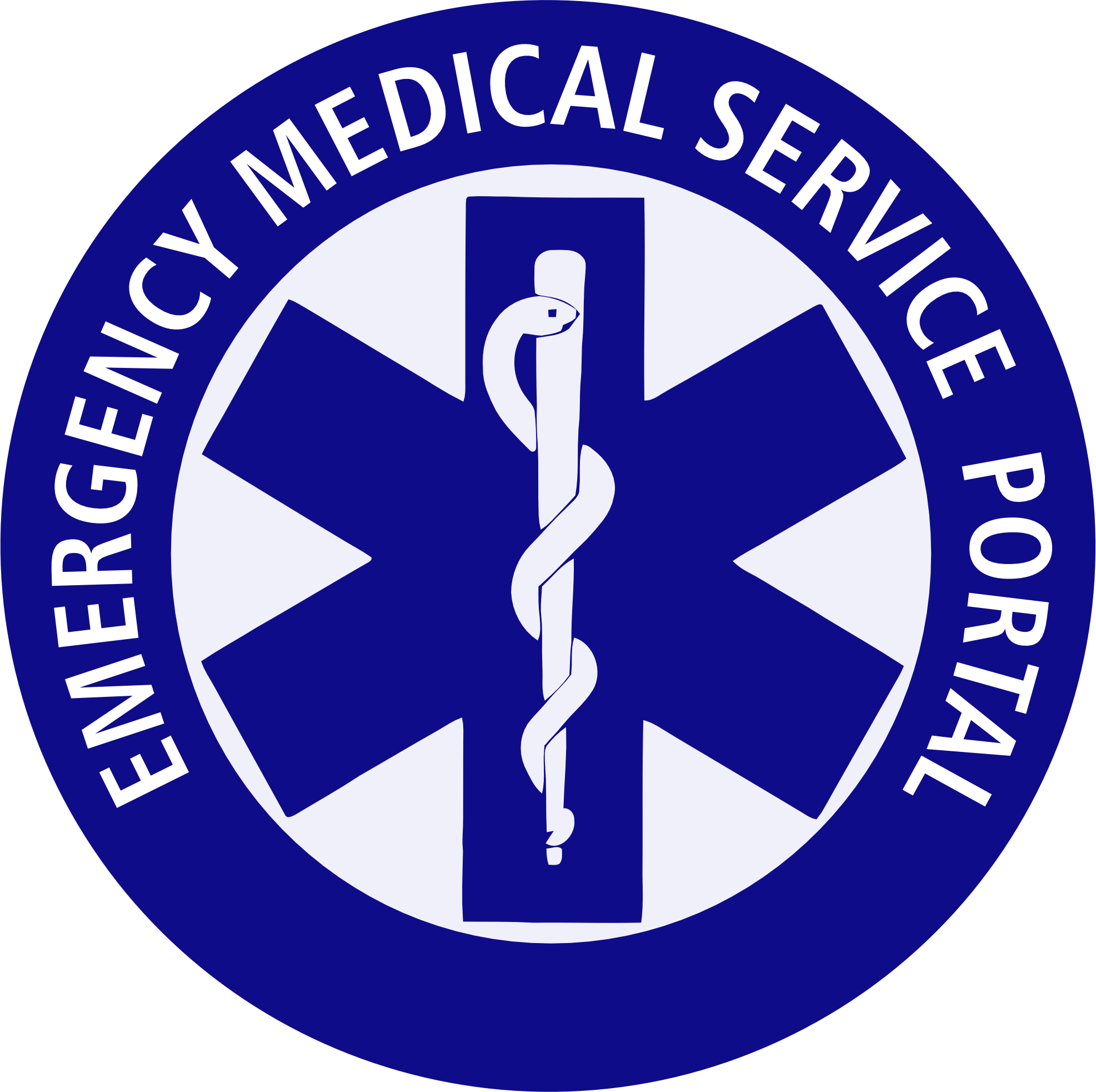Somnolence is a medical term used to describe a state of pronounced drowsiness or a tendency to sleep. A person suffering from somnolence may feel very tired, sleepy, and have difficulty staying awake and focused on activities. This condition can be temporary, for example, if a person is fatigued or has recently consumed alcohol or medications, or it can be a symptom of a medical issue.
Somnolence can be caused by various factors, including:
- Lack of sleep: Sleep deprivation or sleep disorders can lead to somnolence. A person who doesn’t get enough sleep at night may feel strong drowsiness during the day.
- Use of medications or substances: Certain medications, such as sedatives or antihistamines, and the consumption of alcohol or drugs, can cause somnolence as a side effect.
- Medical issues: Various medical problems, including infections, neurological diseases, hormonal imbalances, or sleep apnea, can induce somnolence.
- Stress and emotional factors: Intense stress, anxiety, and depression can affect energy levels and lead to a feeling of somnolence.
- Diet and dehydration: Poor nutrition and dehydration can also impact energy levels and result in feelings of fatigue.
The treatment for somnolence depends on its underlying cause. In some cases, lifestyle changes such as getting adequate sleep, maintaining a balanced diet, and reducing stress can help overcome somnolence. If somnolence is a result of a more serious medical problem, it’s essential to consult with a healthcare professional to identify the cause and determine appropriate treatment.
Letargy represents a state of pronounced fatigue and passivity, in which a person experiences significant drowsiness and lacks the energy to engage in typical activities. This condition can result in reduced physical and mental activity, and the individual may feel sluggish and apathetic.
Letargy can be caused by various factors, including a lack of sleep, illnesses, mental disorders, physical exhaustion, poor nutrition, and other factors. It is important to recognize and understand the cause of letargy in order to provide appropriate care or treatment if necessary.


0 Comments